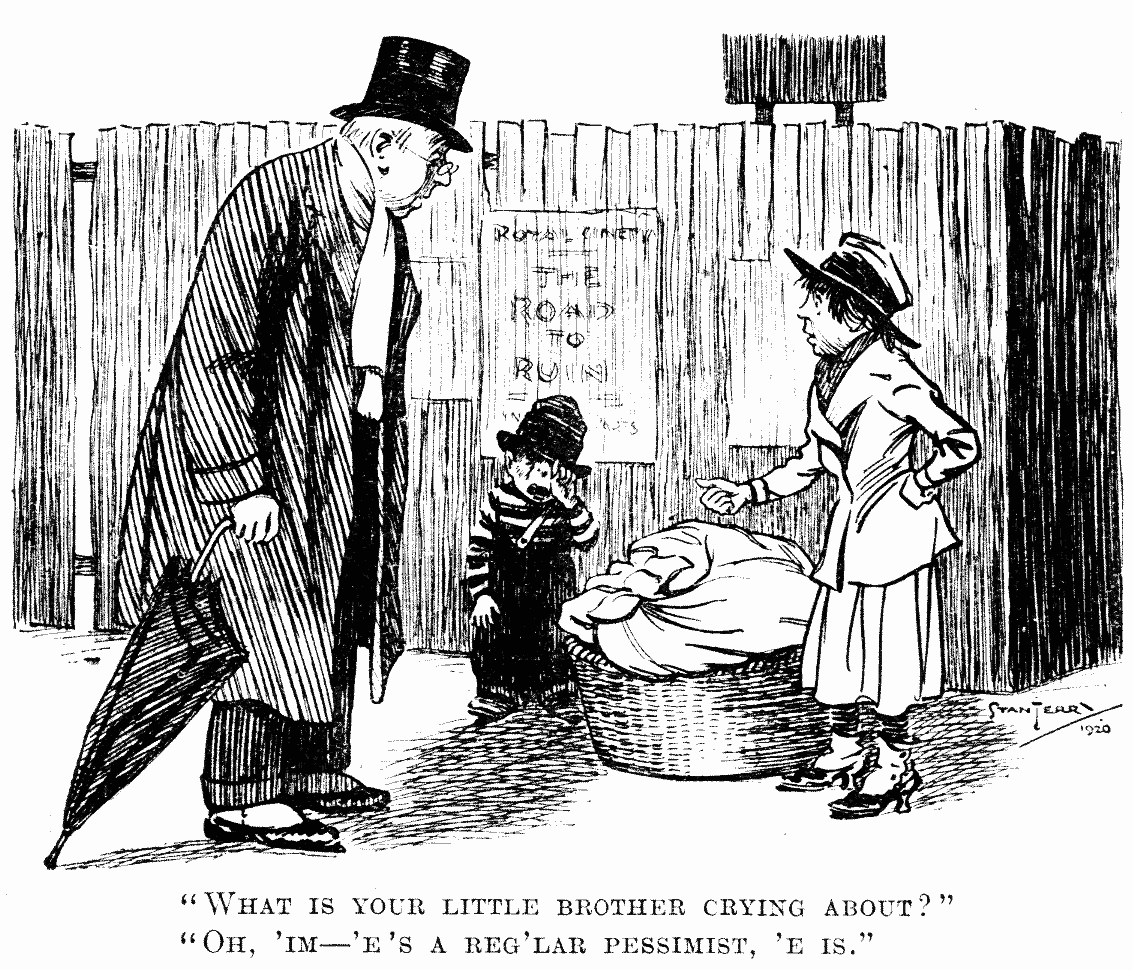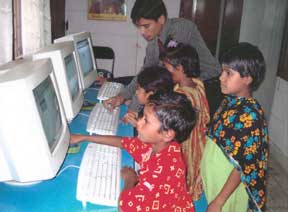 One of our most favorite Career Talk Live episodes starred Gen, a television producer. As is typical on our talk show, we discussed the highlights and lowlights of her career trajectory.
One of our most favorite Career Talk Live episodes starred Gen, a television producer. As is typical on our talk show, we discussed the highlights and lowlights of her career trajectory.
We were startled for a moment when she recounted an interview she had in Hong Kong, where she began her career. She was interviewing for a junior video producer position at a prominent TV studio.
“Do you like to watch television?” she was asked.
Off the cuff she answered, “no.”
And she got the job.
Turns out her interviewers didn’t like to watch television either. Although they liked to produce it, so they saw her as one of their own.
It goes to show you: divulging your true thoughts and feelings — during an interview, especially — helps your colleagues see you for who you truly are.
Which helps them relate to you, as the people they truly are. Resulting in stronger interpersonal connections, which often lead to job offers.
When have you been candid on a job interview? What happened?





